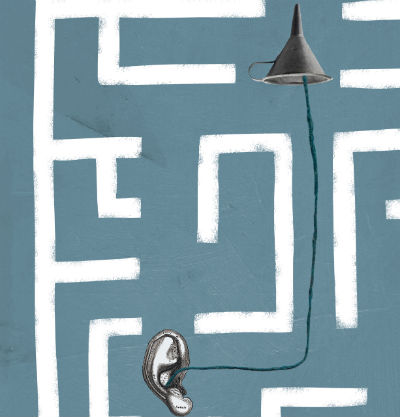Submitted by Crintern on
This report is part of CRIN's access to justice for children project, looking at the status of the CRC in national law, the status of children involved in legal proceedings, the legal means to challenge violations of children’s rights and the practical considerations involved in challenging violations.
The Convention on the Rights of the Child has been incorporated into Honduran law, and is second to the Constitution in hierarchy. It is being applied by the Supreme Court, but mostly to reinforce internal law. The Childhood and Adolescence Code is the basis for child protection law and juvenile justice legislation and provides a wide understanding of minors' mistreatment. By law, children should be educated about their national and international rights. However, children have no petitioning power and must be represented by the Honduran Institute of Childhood and Family or the Public Prosecutor, institutions that suffer a general lack of resources from the government. Democratic institutions in the country are still fragile, as shown in the 2010 coup d'état and the firing of judges that decided against predominating political powers.

